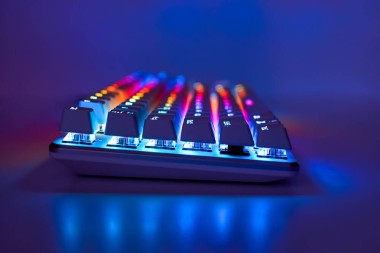Boffins convert typing sounds into text with 95% accuracy
Researchers in the UK claim to have translated the sound of laptop keystrokes into their corresponding letters with 95 percent accuracy in some cases.
That 95 percent figure was achieved with nothing but a nearby iPhone. Remote methods are just as dangerous: over Zoom, the accuracy of recorded keystrokes only dropped to 93 percent, while Skype calls were still 91.7 percent accurate.
In other words, this is a side channel attack with considerable accuracy, minimal technical requirements, and a ubiquitous data exfiltration point: Microphones, which are everywhere from our laptops, to our wrists, to the very rooms we work in.

















Add comment